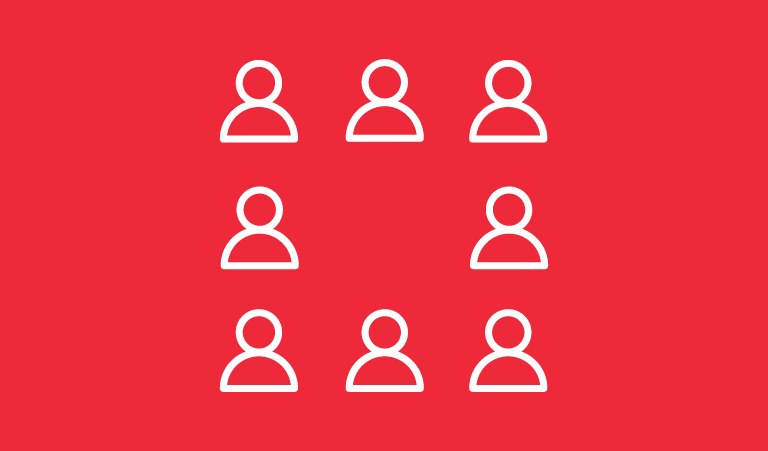Human Ethics
*Researchers: Access Human Ethics resources on the Resources for Researchers SharePoint
UHREB 2025-2026 Meeting Schedule:
- Please keep these dates in mind if you plan to submit an ethics proposal that includes greater than minimal risks to human participants, as it will require approval at a board meeting. Researchers submitting greater than minimal risk applications should submit 3 weeks prior to the meeting date they wish to seek approval at.
-
September 16th - 1:30pm
-
October 24th - 10:00am
-
November 17th - 2:00pm
-
December 16th - 9:30am
-
January 21st - 11:30am
-
February 27th - 10:30am
-
March 23rd - 12:30pm
-
April 30th - 10:00am
-
May 27th - 9:30am
-
June - TBD
-
Contact:
- Ethics Program Officer (Theresa Mackey): ethics@uwinnipeg.ca
- UHREB Chair (Rob Pryce): uhrebchair@uwinnipeg.ca


